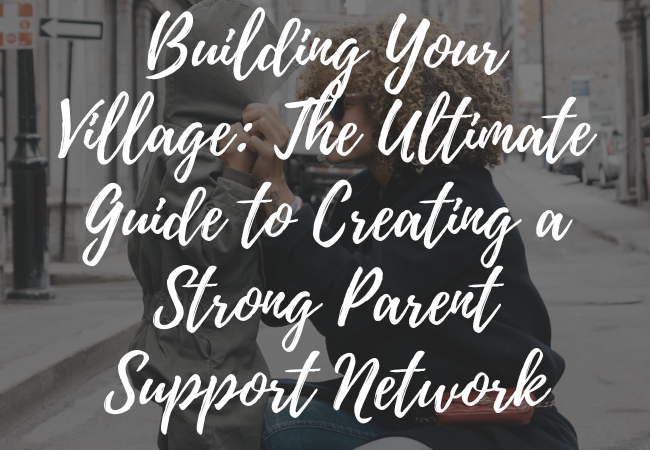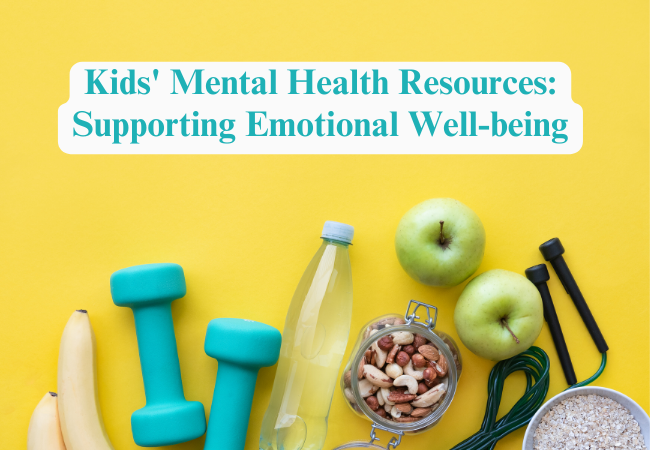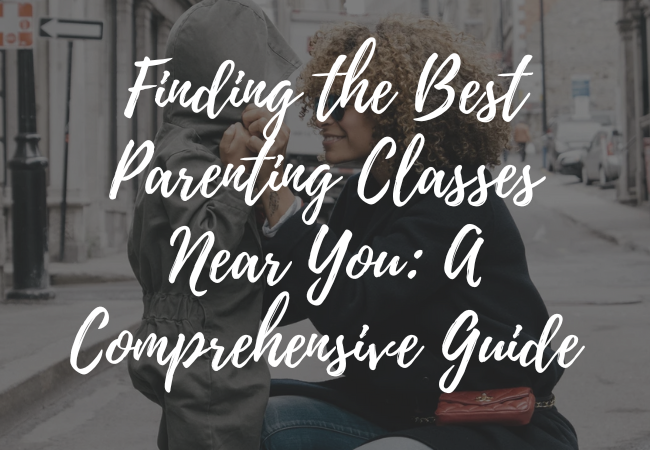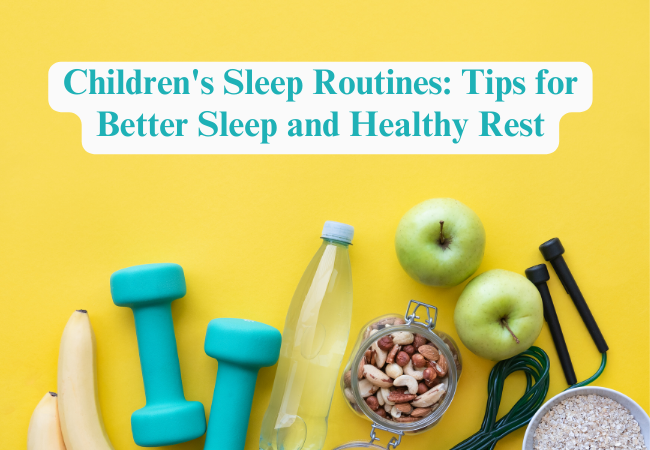Parenting Advice for First-Time Parents: Essential Tips for a Confident Start
Get essential parenting advice for first-time parents. Discover tips and strategies to navigate the early stages of parenthood with confidence and create a nurturing environment for your baby.
Becoming a first-time parents is an exciting and overwhelming experience. As you embark on this new journey, you might find yourself filled with questions and uncertainties. Don’t worry – it’s completely normal! This guide will provide you with essential parenting advice to help you navigate the early stages of parenthood with confidence and create a loving environment for your little one.
Preparing for Your New Arrival
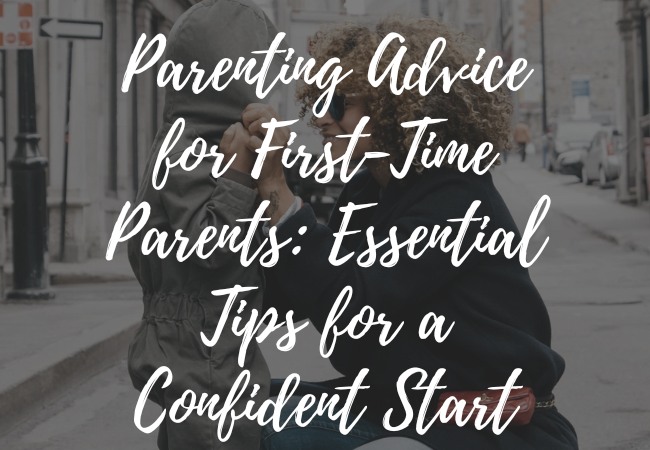
Before the Baby Comes
- Set up the nursery: Prepare a safe and comfortable space for your baby.
- Stock up on essentials: Diapers, wipes, clothes, and feeding supplies are must-haves.
- Take a parenting class: Learn basic baby care skills and CPR.
- Discuss parenting styles: Talk with your partner about your parenting philosophies.
The First Few Weeks
- Accept help: Don’t be afraid to lean on family and friends for support.
- Establish a routine: Create a flexible schedule for feeding, sleeping, and playtime.
- Practice self-care: Rest when you can and take care of your own needs too.
Essential Care Tips
Feeding Your Baby
Whether you’re breastfeeding or formula-feeding, here are some key points to remember:
- Feed on demand: Newborns typically need to eat every 2-3 hours.
- Learn proper latching techniques: If breastfeeding, ensure a good latch to prevent soreness.
- Sterilize bottles: If using formula, always sterilize bottles and follow preparation instructions carefully.
Sleep Strategies
Getting enough sleep can be challenging for new parents. Try these tips:
- Create a bedtime routine: A consistent routine can help your baby recognize when it’s time to sleep.
- Practice safe sleep: Always place your baby on their back in a crib with a firm mattress.
- Take turns for night feedings: If possible, share night duties with your partner.
Diapering Dos and Don’ts
- Change diapers frequently: Newborns may need 8-10 diaper changes a day.
- Clean thoroughly: Gently clean the diaper area with each change to prevent diaper rash.
- Be prepared: Keep diapering supplies within reach for quick changes.
Bonding with Your Baby
Building a strong connection with your baby is crucial for their development. Here are some ways to foster that bond:
- Skin-to-skin contact: This helps regulate your baby’s temperature and heart rate.
- Talk and sing: Your voice is soothing and helps with language development.
- Respond to cries: Attending to your baby’s needs builds trust and security.
Managing Your Mental Health
Parenthood can be emotionally challenging. Take care of your mental health with these strategies:
- Recognize postpartum depression: Be aware of the signs and seek help if needed.
- Connect with other parents: Join support groups or online communities to share experiences.
- Make time for yourself: Even short breaks can help you recharge.
Safety First
Ensuring your baby’s safety is a top priority. Keep these tips in mind:
- Childproof your home: Cover electrical outlets, secure furniture, and remove hazards.
- Use car seats correctly: Always use an appropriate car seat and install it properly.
- Never shake your baby: Learn coping strategies for dealing with frustration.
Developmental Milestones
Every baby develops at their own pace, but here are some general milestones to look out for:
- 0-3 months: Lifting head, smiling, cooing
- 3-6 months: Rolling over, babbling, reaching for objects
- 6-9 months: Sitting without support, crawling, responding to their name
Remember, these are guidelines. If you have concerns about your baby’s development, consult your pediatrician.
When to Seek Medical Advice
While many concerns are normal, some situations require medical attention. Contact your doctor if:
- Your baby has a fever over 100.4°F (38°C)
- There are changes in eating or sleeping habits
- Your baby seems unusually fussy or lethargic
Conclusion
Becoming a first-time parent is a journey filled with joy, challenges, and incredible growth. Remember, there’s no such thing as a perfect parent – you’re learning and growing alongside your baby. Trust your instincts, be patient with yourself, and don’t hesitate to ask for help when you need it.
Every baby is unique, and what works for one may not work for another. Be flexible and open to adjusting your approach as you learn what’s best for your little one. With love, patience, and care, you’ll create a nurturing environment where your baby can thrive.
Learn more about infant development milestones
Discover tips for coping with sleep deprivation
Remember, you’re doing great! Embrace this special time with your new baby, and take pride in the amazing job you’re doing as a new parent.
For more information and guide, visit usaparentingtips.com



